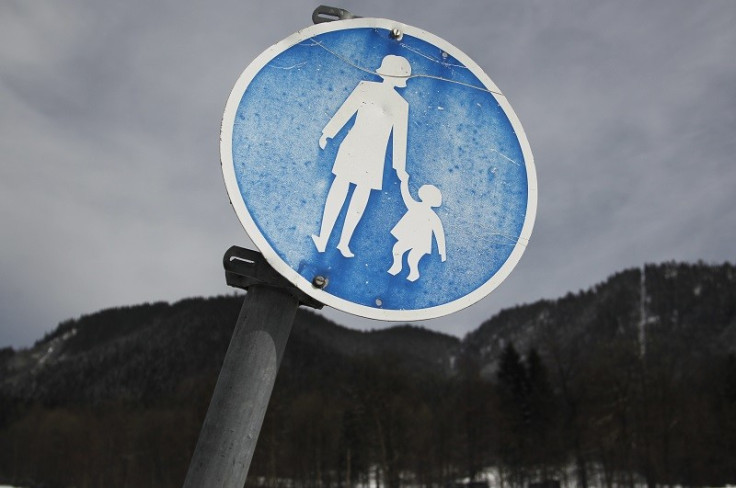Traditional Single Breadwinner Families under Threat from Poverty

Traditional single breadwinner families in Britain form the largest group of households with children living in poverty and expanding the provision of affordable childcare could help combat the problem.
According to two reports by thinktank IPPR and researcher NatCen, almost a third of families with children in poverty are single breadwinner families, where one parent goes out to work while the other stays at home to care for children.
The research revealed, among the 1.3 million families with children living in poverty, 31% (400,000 families) are couple families with a single breadwinner; 16% (210,000 families) are dual earning couples; 8% (105,000 families) are working lone parents and the remaining families are either workless single parents or workless couples.
"The traditional family model where one parent - usually dad - goes out to work and supports his family does not offer a guaranteed route out of poverty in Britain today," said Katie Schmuecker, policy and research manager at the Joseph Rowntree Foundation.
She added: "We have to tackle the barriers that prevent people that want to work from doing so - such as unaffordable childcare, and the lack of financial incentive to work. Otherwise many parents and their children may find themselves trapped in poverty with little prospect of bettering their situation."
IPPR found that the number of single breadwinner couple families has been falling in recent decades, largely the result of social change, with more women wanting to work - but in some cases women need or want to work to make ends meet for their family.
The report also highlighted the need to support more dual earning couples and to enable lone parents to work, or to work more hours, in order to reduce poverty.
In addition, it called for the UK government to introduce a mix of measures to support parents who want to share work and childcare, including expanding the provision of affordable childcare.
"Childcare enables parents with young children to work, particularly mothers, but remains expensive for many poor families and needs to be made more affordable," said Kayte Lawton, a senior research fellow at IPPR.
She added: "Many mothers can only access poorly paid, part-time jobs because of their childcare responsibilities."
© Copyright IBTimes 2025. All rights reserved.






















